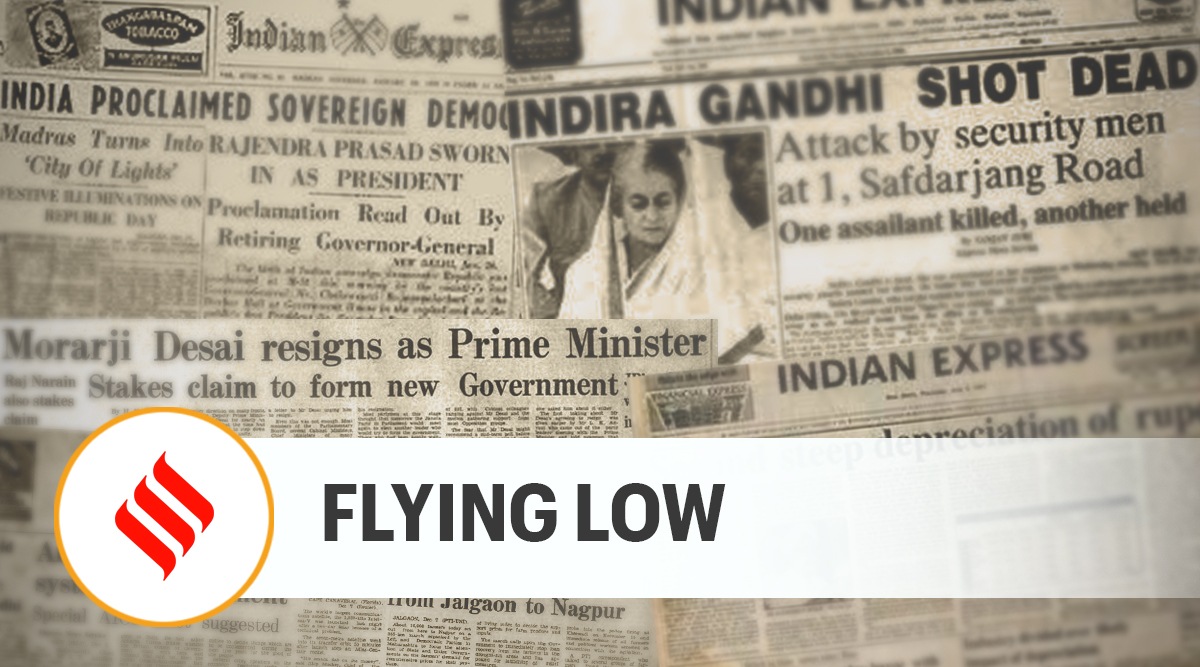 It raises the question of whether any or sufficient awareness and sensitisation training of its staff, as directed by the guidelines, was conducted by the airlines.
It raises the question of whether any or sufficient awareness and sensitisation training of its staff, as directed by the guidelines, was conducted by the airlines.The story could have turned out very differently: A teenager with special needs grew restless after a tiring journey to the airport and the long security check process; his parents calmed him down and boarded the flight with little trouble. What happened on Saturday at Ranchi’s Birsa Munda airport, instead, was this: The teenager drew the attention of a member of the Indigo Airlines ground staff, who reportedly refused to allow the family to board until he became “more normal”. The staff member cited “risk” to other passengers as the reason, even as the latter rallied around the family, who had already managed to calm down their son. The flight took off without the teenager, who was in a wheelchair, and his parents.
Indigo has since offered “sincere regrets” and an electric wheelchair to the family even as it insists that the staffer made “the best possible decision under difficult circumstances”. But the episode has once again put the spotlight on the treatment of persons with disabilities in public spaces, including and especially when they seek to travel. In this specific instance, it raises the question of whether the airline staff could have communicated their concerns to the parents earlier, instead of at the last minute and without apparent sensitivity or due process — guidelines issued by the Director General of Civil Aviation in 2014 say that airlines should “ensure (the) seamless travel” of passengers, including those with disabilities, who have a valid booking. It also raises the question of whether any or sufficient awareness and sensitisation training of its staff, as directed by the guidelines, was conducted by the airlines.
The broader question has to do with the right to dignity of persons with disabilities. In October last year, dancer Sudha Chandran had recounted her humiliation when she was forced to remove her prosthetic leg during an airport security check. While the CISF issued an apology, in December 2021, the Supreme Court, in its order in Jeeja Ghosh vs Union of India, said that forcing persons with disabilities to remove their prosthetics and calipers for security checks amounted to violation of their dignity and asked the DGCA to consider the suggestions of the petitioner to make improvements to its rules. Ghosh, who suffers from cerebral palsy and had been forcibly deboarded from a SpiceJet flight in 2012 due to her condition, had moved the apex court so that others like her wouldn’t suffer violations of their rights guaranteed under Articles 14 and 21 of the Constitution. The Ranchi incident shows that, despite Supreme Court directives, the DGCA’s rules and the Rights of Persons with Disabilities Act, 2016, much remains to be done.
This editorial first appeared in the print edition on May 10, 2022 under the title ‘Flying low’
- The Indian Express website has been rated GREEN for its credibility and trustworthiness by Newsguard, a global service that rates news sources for their journalistic standards.

